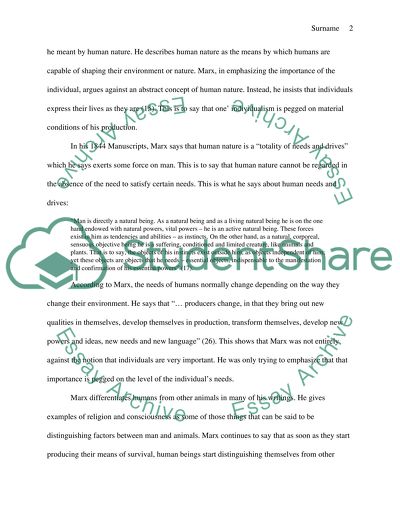Cite this document
(“Karl Marx's work is often mistakenly criticized as constituting a Essay”, n.d.)
Retrieved from https://studentshare.org/sociology/1427757-karl-marxyies-work-is-often-mistakenly-criticized
Retrieved from https://studentshare.org/sociology/1427757-karl-marxyies-work-is-often-mistakenly-criticized
(Karl Marx'S Work Is Often Mistakenly Criticized As Constituting a Essay)
https://studentshare.org/sociology/1427757-karl-marxyies-work-is-often-mistakenly-criticized.
https://studentshare.org/sociology/1427757-karl-marxyies-work-is-often-mistakenly-criticized.
“Karl Marx'S Work Is Often Mistakenly Criticized As Constituting a Essay”, n.d. https://studentshare.org/sociology/1427757-karl-marxyies-work-is-often-mistakenly-criticized.


